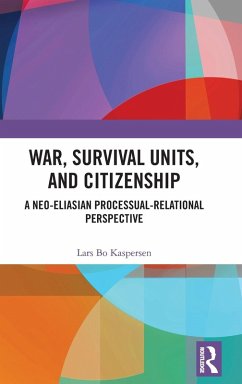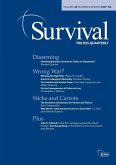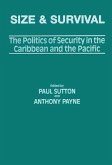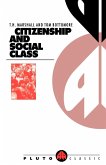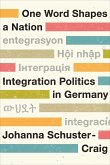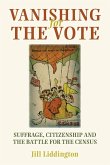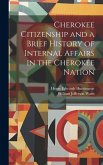In this ground-breaking book, the author proposes a new theory of state formation based upon a rethinking of the nexus war, state, and citizenship. He seeks to move beyond explanations provided by traditional approaches by discussing and presenting alternative state-society and state theories, arguing that a relational-processual understanding of the states has been neglected in existing literature. The book begins with a critical discussion of the concept of the state and society in social and political theory. The author suggests an alternative theoretical-methodological framework based upon German relational theory (such as Hegel, Clausewitz, Carl Schmitt, and, in particular Norbert Elias). Drawing upon the concepts of survival unit and figuration the book provides a political, historical and sociological comparative analysis of the relation between war, state, and citizenship in France, England and Germany from the Middle Ages to the mid-17th century, with emphasis on the 16th and 17th centuries. In addition, the book addresses two puzzles in social theory. First, the author addresses the question: why is the world divided into a multiple number of units? Will it remain like this or can we expect one unit - one world state - in the future? Second, the author looks into why and how this divided world is maintained: what makes the demarcation between states and how is this demarcation upheld? The issues discussed in the book are central to political and historical sociology and will be of interest to scholars and students working in both these fields, as well as to those working in political science and IR, social theory and history.
Hinweis: Dieser Artikel kann nur an eine deutsche Lieferadresse ausgeliefert werden.
Hinweis: Dieser Artikel kann nur an eine deutsche Lieferadresse ausgeliefert werden.

